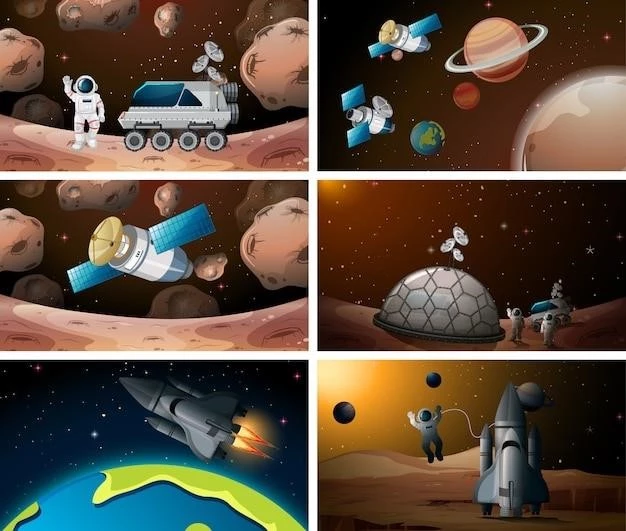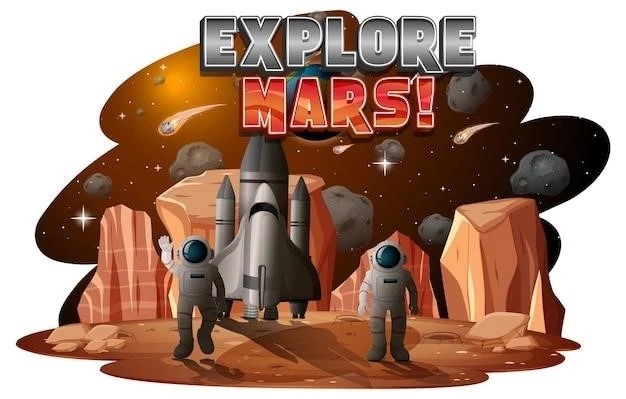The History of Space Exploration
From gazing at the stars to launching probes beyond our solar system, the human fascination with space is woven into the fabric of our existence. The history of space exploration is a testament to our boundless curiosity and our relentless pursuit of knowledge. This journey, marked by both triumphs and tragedies, has not only expanded our understanding of the cosmos but also revolutionized our lives on Earth.
The Early Years: Dreams Take Flight
Long before the first rockets pierced the heavens, our ancestors looked to the sky with wonder, weaving myths and legends around celestial objects. Ancient civilizations, like the Babylonians and Greeks, made significant strides in astronomy, laying the groundwork for our understanding of the universe. However, it wasn’t until the early 20th century that the dream of physically reaching for the stars began to take shape.
Pioneers like Konstantin Tsiolkovsky, Robert H. Goddard, and Hermann Oberth developed the theoretical framework for rocketry, paving the way for the space age. Their work, often dismissed as mere fantasy during their lifetimes, laid the foundation for the technological marvels that would follow.
The Space Race and the Cold War
The mid-20th century witnessed an unprecedented acceleration in space exploration٫ fueled by the geopolitical tensions of the Cold War. The rivalry between the United States and the Soviet Union became the driving force behind a technological arms race that propelled humanity into the cosmos.
- 1957: The Soviet Union launched Sputnik 1, the first artificial satellite, into Earth’s orbit. This event sent shockwaves across the globe and marked the dawn of the space age.
- 1961: Yuri Gagarin, a Soviet cosmonaut, became the first human to journey into space, orbiting Earth aboard Vostok 1.
- 1969: The United States achieved a monumental victory in the space race when Neil Armstrong became the first human to set foot on the Moon during the Apollo 11 mission. This event captivated the world and remains one of the most iconic moments in human history.
The space race, while born out of competition, had a profound impact on scientific and technological advancement. It led to the development of powerful rockets, sophisticated satellites, and the technologies necessary to sustain human life in the harsh environment of space.

Beyond the Moon: Expanding Horizons
Following the success of the Apollo program, the focus of space exploration shifted towards a deeper understanding of our solar system. Unmanned probes were sent to distant planets, beaming back invaluable data and breathtaking images.
- 1970s: The Soviet Union’s Venera probes landed on Venus٫ providing the first glimpses of the planet’s surface. NASA’s Viking program sent two orbiters and two landers to Mars٫ searching for signs of life and gathering data on the Martian climate and geology.
- 1980s & 1990s: The Voyager probes embarked on a grand tour of the outer solar system, sending back stunning images of Jupiter, Saturn, Uranus, and Neptune.
- 2000s & 2010s: The Cassini-Huygens mission provided unprecedented observations of Saturn and its moons, revealing the existence of liquid methane lakes on Titan and icy plumes erupting from Enceladus.
The International Space Station and the Future of Collaboration
As the Cold War came to an end, international collaboration in space exploration became increasingly important. The International Space Station (ISS), a testament to global cooperation, has been continuously inhabited since 2000. The ISS serves as a unique microgravity laboratory for scientific research in fields such as biology٫ physics٫ and astronomy.

The Private Sector and the New Space Age
The 21st century has witnessed the rise of private companies playing a significant role in space exploration. SpaceX, Blue Origin, and other private ventures are developing reusable rockets and spacecraft, aiming to reduce the cost of space travel and open up new possibilities for exploration and commercial ventures.
The Future of Space Exploration
The future of space exploration is filled with exciting possibilities:
- Return to the Moon: NASA’s Artemis program aims to establish a sustainable presence on the Moon, serving as a stepping stone for future missions to Mars.
- Mission to Mars: Sending humans to Mars is the next giant leap in space exploration. Multiple space agencies and private companies are developing the technologies necessary for this ambitious endeavor.
- Exploring the Unknown: Missions to icy moons like Europa and Enceladus, believed to harbor subsurface oceans, hold the potential for discovering extraterrestrial life.
The history of space exploration is a testament to human ingenuity, perseverance, and our innate desire to explore the unknown. As we continue to push the boundaries of technology and venture further into the cosmos, one thing remains certain: the journey of discovery is far from over.










